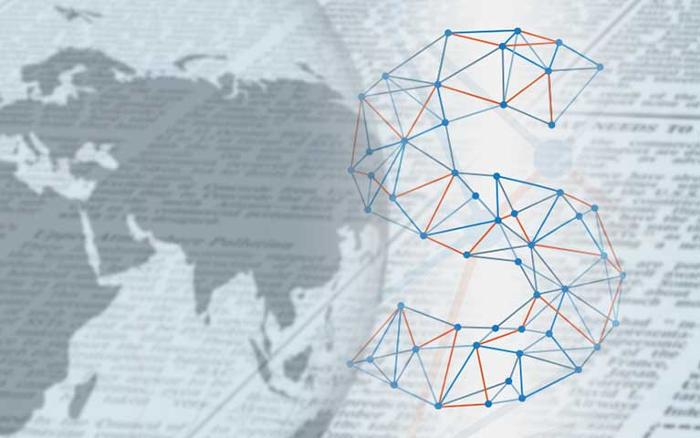

Anna Aisa Biarnés (ACAES): “The globalisation of threats and digitalisation are the greatest challenges for security”
Anna Aisa Biarnés, managing director of the Catalan Association of Security Companies (ACAES), states in the following interview that the globalisation of threats and digitalisation are two of the main challenges faced by private security companies. Moreover, she explains that the sector must advance technologically, through investment in R&D and in new threat management systems, without forgetting privacy protection.
What are the challenges faced by Catalan security companies in 2023?
Before going into the challenges faced by security companies, there are two relevant aspects to take into account. Firstly, the challenges are universal, regardless of the company’s territory or area of activity. And secondly, although it is true that Acaes member companies must be registered in Catalonia, either with a registered office or a branch, this does not mean that their area of activity is restricted to this autonomous community, and therefore, the majority of our member companies operate nationally.
The globalisation of threats and digitalisation are two of the challenges faced by private security companies. Globalisation brings with it an openness of vision, which makes the territorial scope of companies less relevant. This, coupled with the increase in cybercrime and cyber-attacks, makes it imperative to face the cyber world regardless of the size of the company and the region in which it provides its services.
In light of these changing circumstances, what is security companies’ capacity for adaptation?
The private security companies’ capacity for adaptation is extremely high, and there is proof of this in how they managed the pandemic and adapted rapidly, flexibly and efficiently to the legal limitations, health conditions and the new security needs of their users. Private security companies not only continued to provide a service, but also invested efforts in new security systems to control queues, capacities, temperature and movement of people, area sanitation, etc.. And this in the middle of a pandemic.
So there is nothing to worry about in this regard, as the capacity of our companies is enviable and, when put to the test, they have performed exceptionally well.
In the same way, they are tackling digitalisation, each company at a different pace, but with interest, effort and investment; they are updating and modernising to be able to respond to global threats.
At this juncture, what elements of improvement do you consider necessary in the sector?
Improving is one of the aims of progress, and from the association we defend the necessity that this progress be constant in our companies. The sector must advance technologically, through investment in R&D and in new threat management systems, without forgetting privacy protection. From a sociological point of view, it is important to work towards greater dignity for the sector and its professionals. Society must see us for what we are: a professionalised, trained, modern, technological sector with advanced solutions.
Finally, we need legislation that allows us to apply these advances, which is more supportive than punitive, and that is committed to collaboration and co-responsibility in guaranteeing security.





